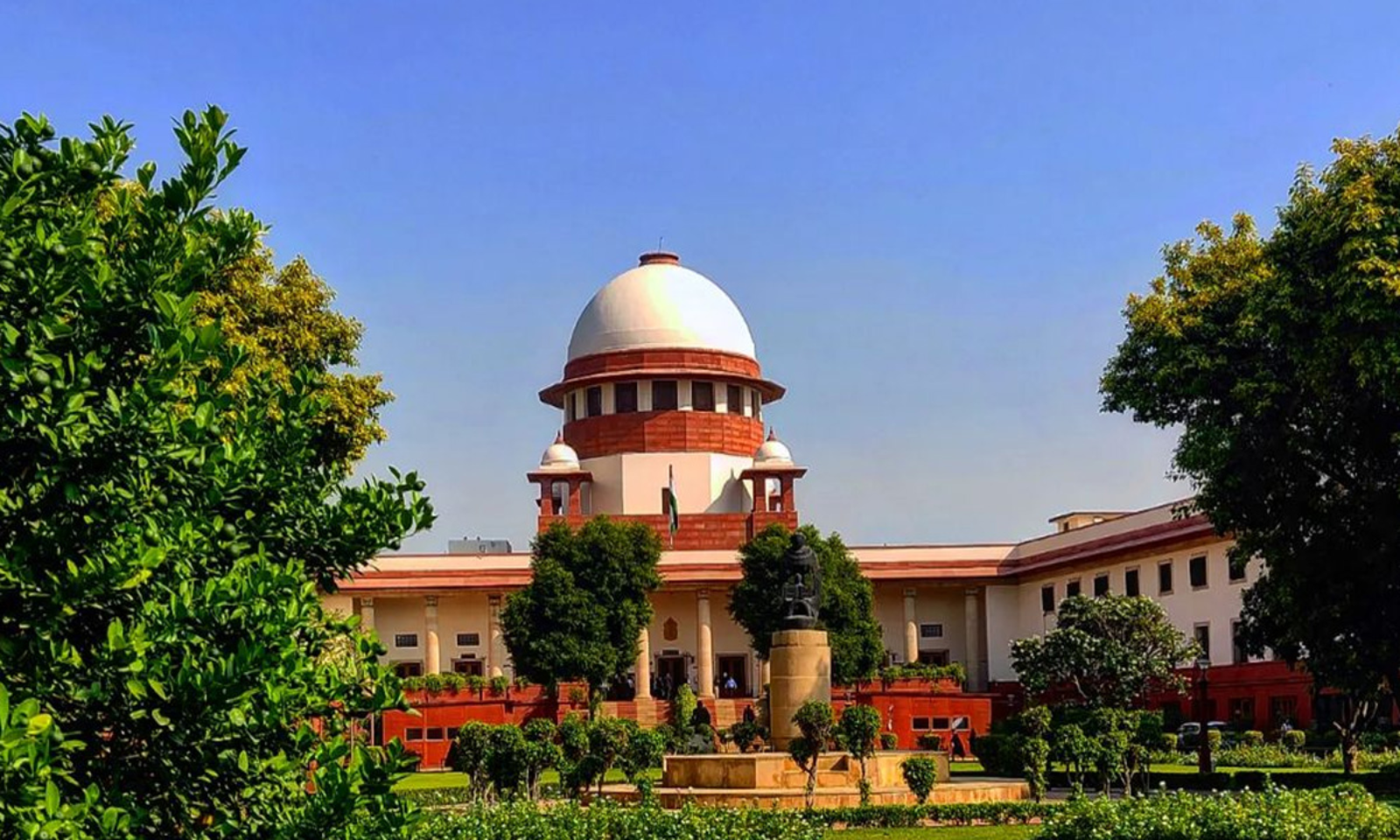What is Forum Shopping?
Forum shopping is a legal term that refers to the deliberate choice made by litigants or lawyers to bring their case before a particular judge or court in the hope of obtaining a more favorable outcome. This practice has drawn criticism from courts worldwide, including the Supreme Court of India.
Understanding Forum Shopping
Forum shopping, as defined by Webster’s dictionary, is the practice of selecting a court from several that have jurisdiction over a case, based on the expectation that it will provide a more favorable outcome. Lawyers strategically consider the appropriate forum to approach, such as the Supreme Court, to gain greater visibility for their case through avenues like public interest litigation. However, blatant attempts to circumvent due process or avoid specific judges are generally disapproved of.
The Principle of Non-Conveniens
In common law countries, including the United States and the United Kingdom, the principle of non-conveniens is employed to prevent forum shopping. This principle grants courts discretionary powers to refuse jurisdiction over a matter if another court or forum is more convenient and suitable to hear the case. By utilizing this power, courts can dismiss cases in the interests of justice and fairness while directing them to the appropriate bench.
Supreme Court’s Strong Stance
The Supreme Court of India has unequivocally denounced forum shopping. In the landmark case of Chetak Construction Ltd. vs. Om Prakash, the court stated that “every attempt at forum shopping must be crushed with a heavy hand.” This ruling emphasizes the court’s commitment to curbing this practice and upholding the integrity of the judicial system.
The Disreputable Practice
In the case of Vijay Kumar Ghai vs. State of W.B., the Supreme Court described forum shopping as a disreputable practice that lacks legal sanction and paramountcy. The court criticized the respondent for filing multiple complaints in different courts, indicating malicious intent to harass the petitioners and exert pressure on them to settle.
The Functional Test
To determine if a litigant is engaging in forum shopping, the Supreme Court established a functional test. In Union of India & Ors. vs. Cipla Ltd., the court explained that the test examines the functional similarity between the proceedings in different courts and identifies any subterfuge employed by the litigant. This test serves as a measure to differentiate legitimate legal strategies from forum shopping attempts.
Consequences of Forum Shopping
The Jammu, Kashmir, and Ladakh High Court, in the case of Dr. Khair-Un-Nisa and Ors vs. UT of Jammu and Kashmir and Ors, imposed costs worth one lakh rupees on petitioners for indulging in forum shopping. The court emphasized that forum shopping undermines the fairness of the judicial process and imposes additional burdens on specific courts.
Bench Hunting and Implications
Another term associated with forum shopping is “bench hunting,” where petitioners strive to have their cases heard by a particular judge or court to secure a favorable order. The Delhi High Court, in Rosmerta HSRP Ventures Pvt. Ltd. vs. Govt. of NCT of Delhi & Anr., imposed costs on a private company that was found guilty of indulging in forum hunting in an arbitration matter. This ruling highlights the court’s commitment to preventing manipulative practices in the legal system.
Month: Current Affairs - May, 2023
Category: Legal & Constitution Current Affairs


